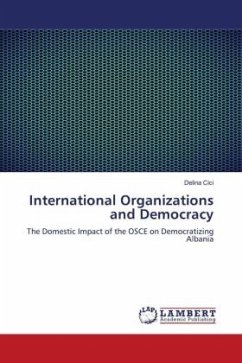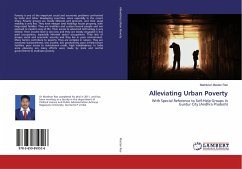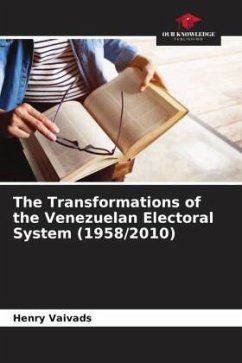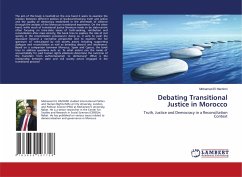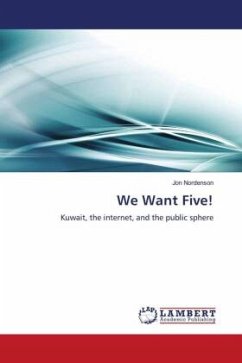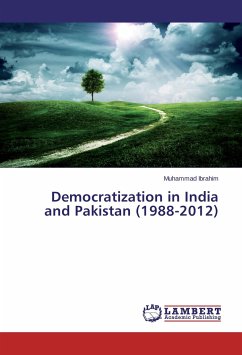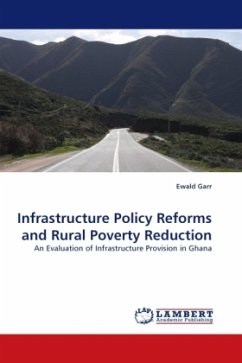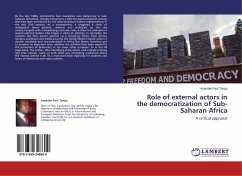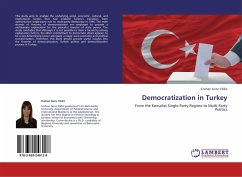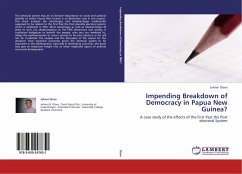
Impending Breakdown of Democracy in Papua New Guinea?
A case study of the effects of the First Past the Post electoral System
Versandkostenfrei!
Versandfertig in 6-10 Tagen
39,99 €
inkl. MwSt.

PAYBACK Punkte
20 °P sammeln!
The electoral system may be of decisive importance to social and political stability of states. Papua New Guinea is an illustrative case in this respect. This book analyses the advantages and disadvantages traditionally supposed to be related to the First Past the Post plurality electoral system, which is employed in PNG. Most advantages as well as disadvantages all seem to turn out disadvangeous to the PNG democracy and society. A traditional obligation to benefit the people, who you are indebted to, oblige the parlamentarian to return services to his own electors, or he will not be re-electe...
The electoral system may be of decisive importance to social and political stability of states. Papua New Guinea is an illustrative case in this respect. This book analyses the advantages and disadvantages traditionally supposed to be related to the First Past the Post plurality electoral system, which is employed in PNG. Most advantages as well as disadvantages all seem to turn out disadvangeous to the PNG democracy and society. A traditional obligation to benefit the people, who you are indebted to, oblige the parlamentarian to return services to his own electors, or he will not be re-elected. The analysis and the discussion of the causes for the deviation from expected outcomes prove the electoral system to be important in this development, especially in developing countries, this book may give an important insight into an often neglected aspect of political and social development.



